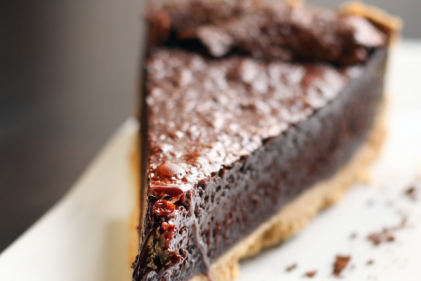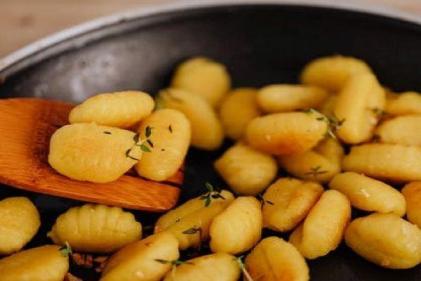Vitamin A is one of the key ingredients in ensuring healthy vision. It also promotes healthy bones, and helps to grow and heal cells in your body.
The amounts that your child needs are very small – around 300 micrograms for a one to three year old, and 400 micrograms for children aged four to eight, and with the right diet, these should be quite easy to achieve – albeit it as an average over a few days or a week.
Carrots and carrot juice are the obvious and well known sources of vitamin A, but there are plenty of other foods you could try if your child doesn’t like carrots. These include butternut, sweet potato, spinach, mango, apricots, cantaloupe and broccoli. Fortified oatmeal and scrambled eggs, and even cheese, also offer high amounts of vitamin A, as do bell peppers, tomato juice, fortified milk and canned vegetable soup.
Liver and milk are two of the animal products that provide vitamin A too, although you want to watch portion sizes with these foods. While carotenoids from fruit and vegetables are impossible to ‘overdose’ on, animal products can cause an excess of vitamin A in the body. This can cause nausea or vomiting, blurred vision, dizziness and a lack of control of the muscles.
The amounts that your child needs are very small – around 300 micrograms for a one to three year old, and 400 micrograms for children aged four to eight, and with the right diet, these should be quite easy to achieve – albeit it as an average over a few days or a week.
Carrots and carrot juice are the obvious and well known sources of vitamin A, but there are plenty of other foods you could try if your child doesn’t like carrots. These include butternut, sweet potato, spinach, mango, apricots, cantaloupe and broccoli. Fortified oatmeal and scrambled eggs, and even cheese, also offer high amounts of vitamin A, as do bell peppers, tomato juice, fortified milk and canned vegetable soup.
Liver and milk are two of the animal products that provide vitamin A too, although you want to watch portion sizes with these foods. While carotenoids from fruit and vegetables are impossible to ‘overdose’ on, animal products can cause an excess of vitamin A in the body. This can cause nausea or vomiting, blurred vision, dizziness and a lack of control of the muscles.












